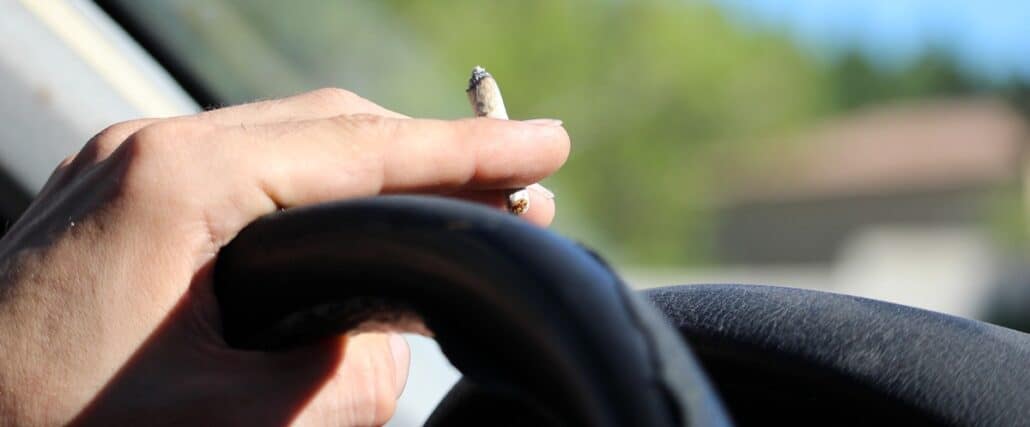
Opinion Article: The Unresolved Dilemma of DUI for Medical Marijuana Use in Arizona
As the legalizing of Medical marijuana has progressed across states, the usage of marijuana for medicinal purposes has skyrocketed. However, its legality in legalized states has led to blurred lines when it comes to driving under its influence. This problem is even more prevalent in states like Arizona where having a medical marijuana card does not protect cannabis consumers from being charged with DUI. In this opinion article, we will discuss the unresolved dilemma of DUI for medical marijuana use in Arizona, the continually evolving laws, and the battle for a plausible solution.
The Legal Background
As of 2021, the use of both medicinal and recreational marijuana has been legalized in over 40 states, including Arizona. Proposition 203, or the Arizona Medical Marijuana Act (AMMA), passed in 2010, allowing those with specific conditions to legally use and possess cannabis. However, unlike many other states that have legalized marijuana, Arizona has a zero-tolerance policy when it comes to driving under the influence of drugs (DUID) or driving under the influence of alcohol (DUI). This means that cannabis consumers in Arizona, including medical marijuana cardholders, can still be prosecuted for DUI for testing positive for cannabinoids in blood, urine, or saliva testing.
The Dilemma of DUI for Medical Marijuana Use
Although the DUI laws in Arizona aim to prevent impaired driving, which is crucial for ensuring road safety, the zero-tolerance policy has resulted in a rather complicated situation. Unlike alcohol, which has a threshold limit, cannabis metabolites can stay in an individual's system for days or weeks after consumption. That means a person who has consumed marijuana, even days prior to driving, may still be subjected to a DUI charge in Arizona. This dilemma presents severe implications for medicinal marijuana users who may be forced to choose between driving and their health and well-being.
The Continuous Legal Battle for Resolving the Issue
In recent years, the cases of medical marijuana patients being prosecuted for DUI have gained attention and triggered several debates on just how fair the law is. Lawmakers, organizations advocating for the legalization of marijuana, and lawyers have vociferously argued the inadequacy of such a law. Some states have implemented reasonable laws that prohibit impaired driving while still protecting medical marijuana patients, which Arizona has yet to achieve. Several state bills circulate around the capital from time to time to address this unresolved dilemma in Arizona, but none have seen the light of day.
Cannabis Impairment and Road Safety
When it comes to driving safety, research studies show that driving under the influence of marijuana affects driving performance, resulting in a higher risk of accidents. However, the current testing methods for determining if a person is driving under the influence of marijuana has been controversial. This is because the standard test for testing marijuana impairment, the chemical testing of blood THC concentration, is highly debated. THC can stay in the body for days or even weeks after consumption, and there is no clear correlation between the level of THC present and the level of impairment. Thus it raises questions about limitations of the testing that the law uses as a standard.
The Need for Reasonable Solutions
As medical marijuana continues to be legalized across the US, it is crucial to establish laws that protect patients' rights while also considering public safety. While evidence suggests that driving impaired under any substance is a threat to road safety, patients who responsibly consume marijuana for medicinal purposes should not be unjustly penalized. Arizona needs to establish reasonable laws that genuinely determine cannabis impairment, instead of merely identifying traces. Methods such as a deviation-focused driving virtual reality test, which measures altered driving ability, or blood testing for THC's active component, Delta-9-THC, are options that Arizona and other states could consider.
The Verdict
While driving under the influence of any substance is a legitimate safety concern, the zero-tolerance law for medical marijuana patients in Arizona is unfair due to the testing proving the presence of cannabis and not necessarily based on impairment. Researchers still need to establish the accurate measurement of cannabis impairment and a universally accepted method. In conclusion, while medical marijuana may hold the capacity to alleviate symptoms, it must be used responsibly, and as such, responsible patients need to be protected by the law. Arizona needs to continue seeking plausible solutions that protect patient rights while emphasizing public safety.
DUI for Medical Marijuana Use in Arizona







No comments:
Post a Comment
Note: Only a member of this blog may post a comment.